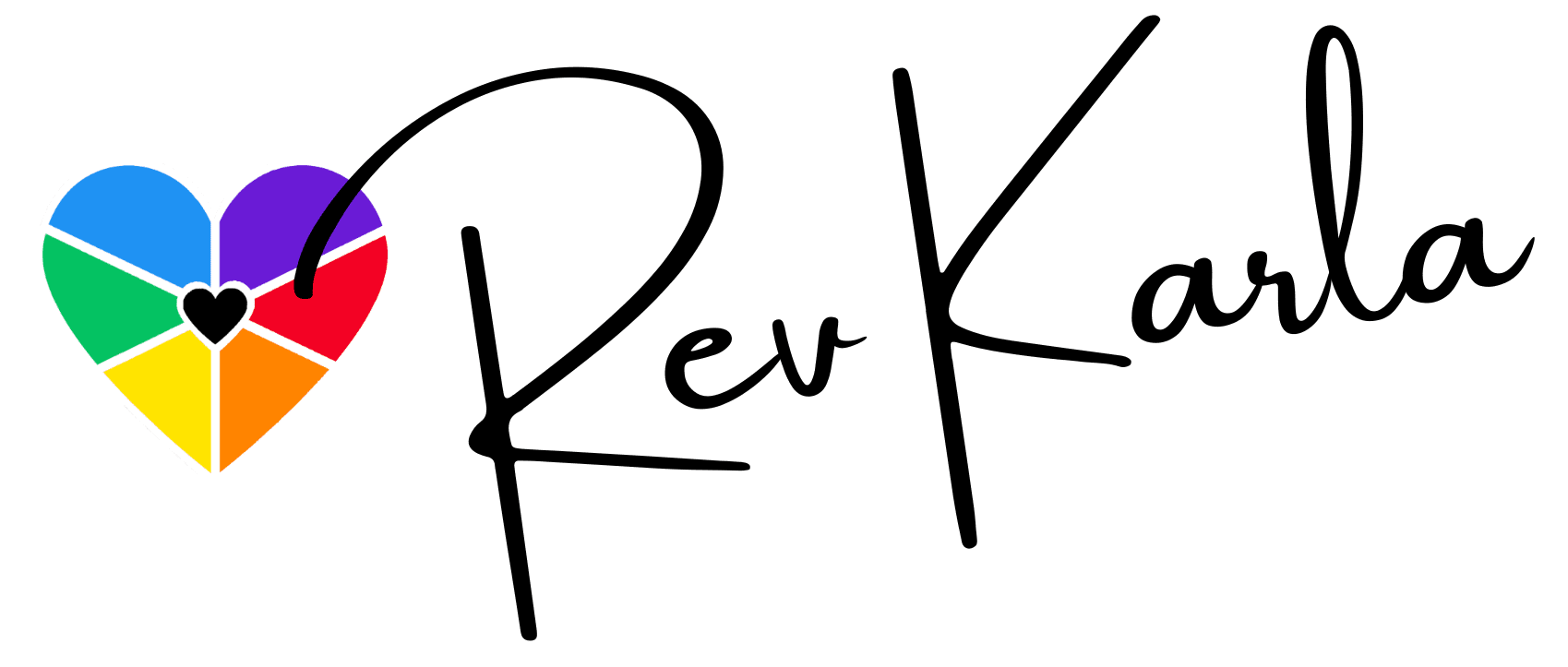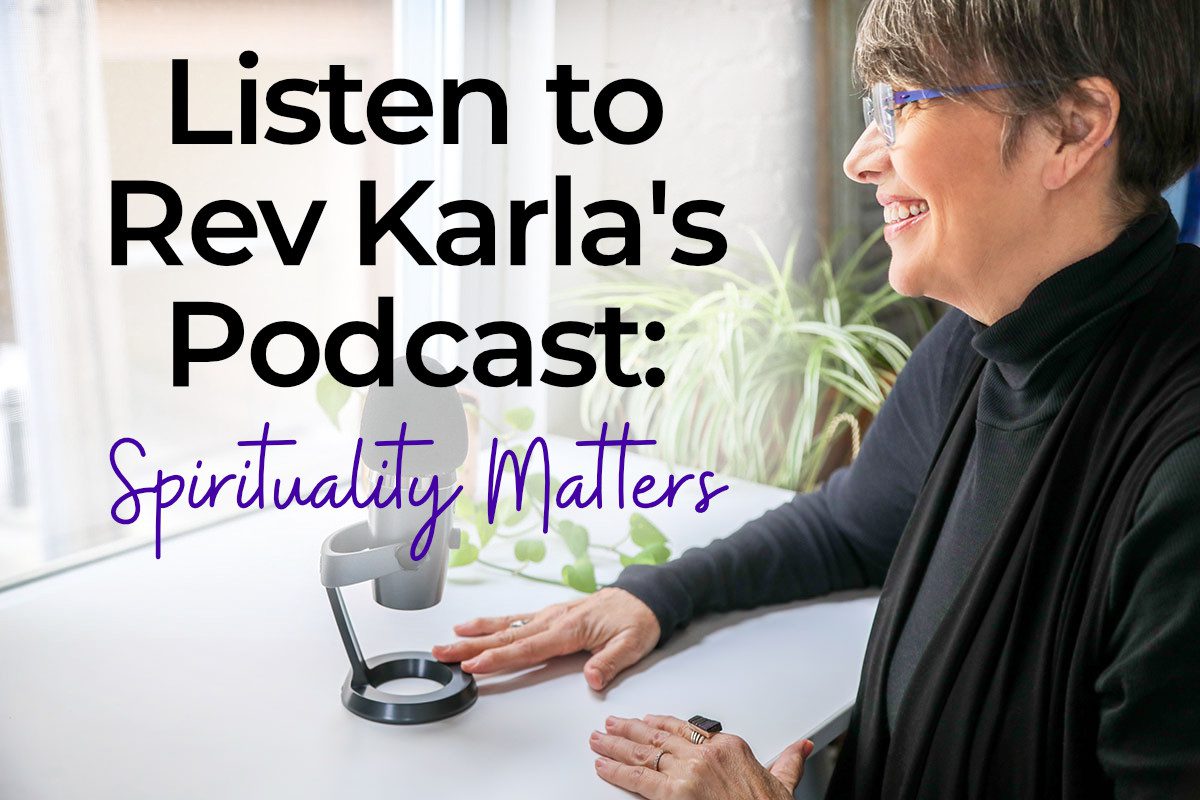The Strength and Beauty of a Snowflake
The hypocrisy in disparaging creation
The 60’s were a dichotomy. They held great tension as people risked their lives to free themselves from the oppression their ancestors had endured. Even brutal winters did not deter activists from marching in frigid temps to stand together and fight for their rights.
Meanwhile, in the same country but what might as well have been a different world, a young white girl growing up in southern Indiana eagerly anticipated the arrival of winter. Far removed from the pain and suffering of those freedom fighters, she stared in wonder as the snow fell on frozen ground, oblivious to the pain of those whose lives looked nothing like her own.
That little girl was me. I was captivated by the beauty and wonder of freshly fallen snow. Life was less complicated then, as it should be for all children. With no technology to distract me and few options for children’s television shows, it was easy to get lost – both literally and figuratively – in the snow outside, inviting us to pile it up, jump in, and plow through.
It would be years before my world intersected with the real world and the suffering of those in it. For those who have been indoctrinated into a “white is right” narrative, becoming aware that cruel injustice exists in America is so startling, it’s hard to reconcile it to the world they know. They choose to rationalize, reject or simply turn away and deny the reality staring them in the face.
My world came crashing down in massive waves of awareness that left me raw and vulnerable. The dots began to connect in my mind as I recalled the number of times I sat in silence, listening to jokes that dehumanized Blacks, Indigenous and other People of Color. I remembered the times a family member discouraged me from playing with the only Black child in our school. Although I was confused and frustrated, I lacked the courage to challenge them, so I would quietly obey. And I recalled how my english teacher pointed out that we didn’t need to worry about studying “homosexuality”* in my small high school, because “we’ve never had one of those people here.” Stories like these flooded my mind as I recognized the countless times my life intersected with human suffering, and I just didn’t see it.
Correction – I had been indoctrinated not to see it, and I willingly and obediently acquiesced.
It would be years before I fully deconstructed and decolonized from my educational, familial and religious indoctrination. Even now as I type this, admitting how long it took me to untangle from these bigoted ideologies shows me that my deconstruction experience is dripping with white privilege. I was able to take my time because the pain in the world was something that was happening out there beyond my lived experience. If I became distracted, or personal issues got in the way, I would simply put the work of deconstructing on the back burner. There it would remain until I was once again faced with the brutal and heartbreaking reality that my world was not the same as those who were suffering, marginalized, judged and persecuted.
The journey from there (my childhood) to here (who I am now) took many twists and turns and ultimately culminated in my leaving church, deconstructing from evangelical Christianity and becoming ordained as an interfaith/interspiritual minister. Somewhere along the way, I found my voice so I could work for social justice and racial equity.
It was during my years in seminary that I realized I had been indoctrinated into this toxic, patriarchal, extremist Christian theology entrenched in white supremacy.
I quickly understood that my journey through deconstruction, healing from religious trauma, discovering the spiritual-but-not-religious path, and becoming a social advocate would inspire and help others on a similar journey. Still, it didn’t come easily. I spent years having heated discussions with people who judged me harshly for turning away from their bigoted belief system.
While there are people who thrive in these types of engagements, they left me exhausted and frustrated. The first few times I was called a heretic, the daughter of the devil, pure evil, and a witch, I’ll admit – crushed me. To be rejected by those who were a part of my heritage forced me to realize there was no going back. This is who I was, and I was now seen as the enemy.
As time went on, the insults aimed at me no longer found their mark on my heart and in my soul. On the contrary – they began to empower me. I began to see the fear and ignorance behind their vitriol.
I also came to realize that as hurtful as it had been to me, it paled in comparison to the harm white privilege had caused to historically marginalized people. This was an important component of my deconstruction. It helped me understand that centering the pain of others ensured that my work was not rooted in a need to be a white savior instead of a helpful ally.
The circle of my journey through extremist Christian ideology began to close for me as my social media platforms began to gain traction, and a number of my videos went viral. Even though the attacks from Christians intensified, I found myself observing their behavior instead of responding to it.
What I found most interesting was their choice of verbiage intended to denote my inferiority because I’m a “woke liberal”. It led me to wonder how Christians reconcile their hateful behavior and mockery of the very creation they are called to sanctify.
“You’re a p*ssy.”
“Stupid ol’ woman.”
“You fight like a girl.”
“You’re as fragile as a snowflake.”
“You’re as weak as a kitten.”
“Don’t be a cry baby.”
It goes on and on. Phrases that infer male attributes are superior (“grow a pair”) and females are inferior are part of our culture, but are unsurprisingly used by the very people (Christians) who should reject this type of language as undignified and unholy.
Yet, daily they arrive in my comments and messages from people who’ll display the cross in their profile with some version of “God is love” written below it.
The suggestion that women are weak and snow is fragile is intentional but hypocritical. Age, wisdom, growth and collective power (as in a snowstorm) can wreak havoc like one has never seen.
At the root of these insults is bias and prejudice rooted in white supremacy and patriarchy. If the historically dominant being (the white, cishetero Christian male) can convince the marginalized that his dominance is justified, then we who are being degraded tend to take on those attributes and believe them to be true.
This too plays out in my comment section when a woman will ask me “Under whose male authority am I teaching?” In her world, I am an offense, for no woman is capable or deserving of a platform without a patriarchal head to guide her steps.
That was me at one time – that may seem hard to believe, but it is indeed true. Internalized misogyny is a powerful tool inside evangelical Christianity, and it ensures the perpetuation of an institution that relies on silent obedience from the congregants to fund it.
The abusive rhetoric will not subside any time soon. But we who are the target of it should see it for what it is – words of those who fear losing power.
In actuality, I find it all incredibly empowering. To be compared to creation is a compliment. Alone I may be a snowflake, but I am still uniquely and magnificently made, holding the beauty that comes from the miracle of life. Bind me to other snowflakes, and we are a force to be reckoned with, powerful enough to disrupt human life and remind those who refuse to see our strength that they have no control over us.
True love for creation comes from embracing the wisdom and beauty found in the miracle of living and fighting for the good of the whole.
It will never — ever – be found in words that mock humanity and disparage creation.
Beloved….
be a snowflake
fight like a girl
embrace your age
pet a kitten.
There are worse things you can be.
Like a judgemental, hate-filled, toxic Christian.
Blessed be.


